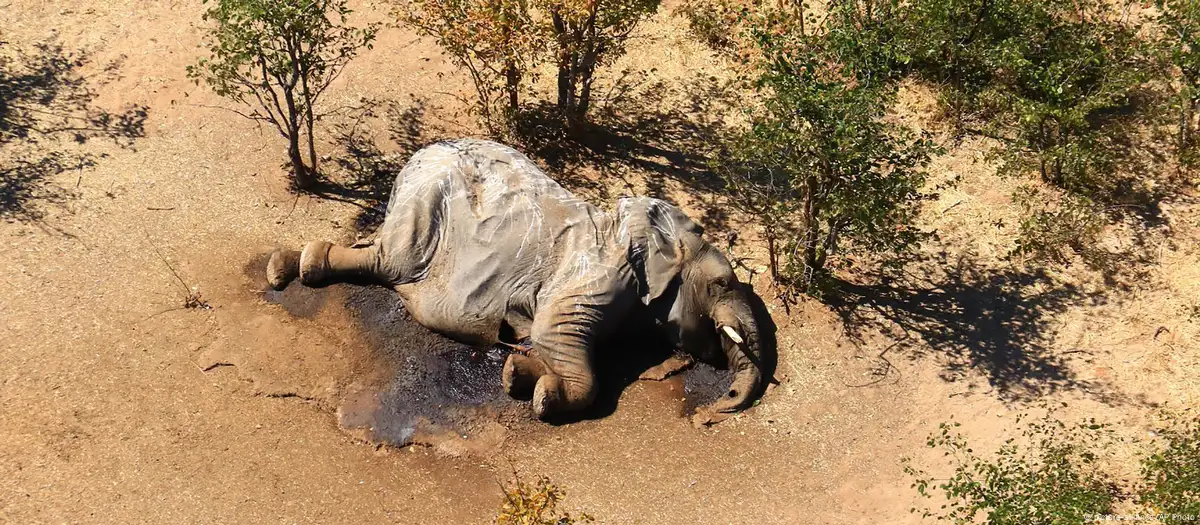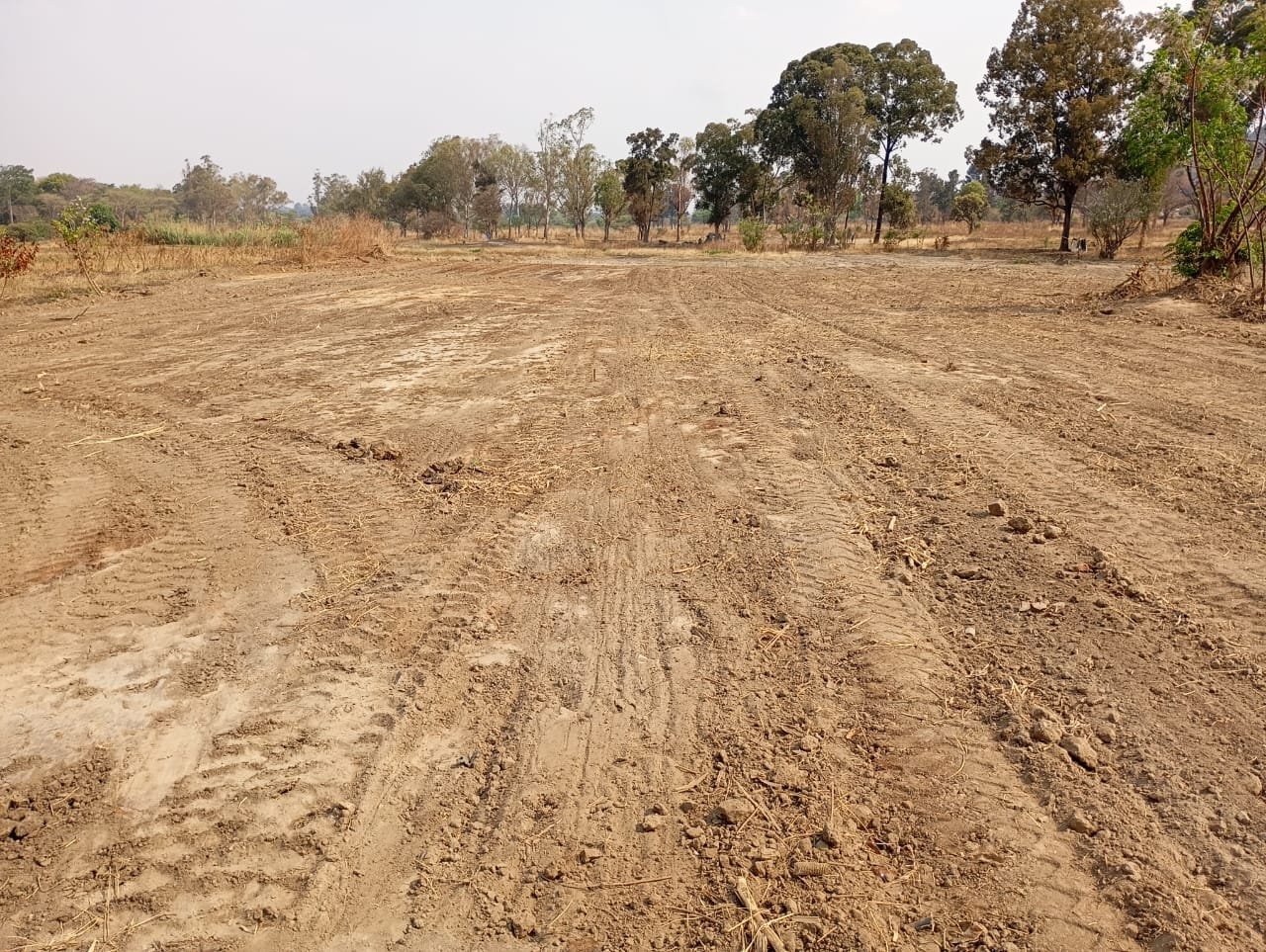Wildlife authorities in Zimbabwe say they have launched an investigation after the carcass of a male elephant was discovered in Hwange National Park with one tusk missing, raising fresh concerns over ongoing poaching threats in the country’s largest game reserve.
The Zimbabwe Parks and Wildlife Management Authority (ZimParks) confirmed the incident in a statement, noting the carcass was discovered near Main Camp and estimated to be two days old.
“The poached elephant carcass estimated to be two days old was discovered with one missing tusk while flesh from the leg was removed.”
“A distinctive shoe spoor was seen at the scene and ZimParks Investigations Unit together (IU) with the members of the Zimbabwe Republic Police (ZRP) have been deployed for further investigations,” ZimParks said.
This comes days after Zimbabwean authorities arrested a suspected poacher, Tony Maphosa, who is accused of poisoning more than 100 elephants with cyanide in Hwange National Park. Maphosa, who had been on the run since 2013, was apprehended following a tip-off and was found with two elephant tusks. He is also suspected to be behind the recent deaths of eight elephants this year.
In a separate case, two men, David Ndlovu, 42, and Nkathazo Penga, 33, were each sentenced to nine years in prison after admitting to killing five elephants by lacing oranges with cyanide. The pair was arrested while attempting to sell ivory in the Cross Dete area.
In May this year, Four suspects were arrested in Harare for unlawful possession of ivory weighing 23kg after police detectives acted on a tip-off. Masauso Nevhaya, 48, Priscilla Chabata, 52, Wonder Bozho, 51, and Stanford Mbiriyakura, 49, were apprehended by CID Minerals, Flora and Fauna detectives in Braeside along Seke Road near Telecel Zimbabwe while allegedly looking for buyers.
Police recovered 35 elephant tusks stashed in brown sacks in a Datsun Go vehicle. A follow-up search at Chabata’s residence led to the recovery of six more tusks, bringing the total to 41 pieces of ivory. The suspects are expected to face charges under Zimbabwe’s wildlife protection laws.
Lizwelibanzi Ndlovu, 42, Philani Ndlovu, 29, Makhosini Sibanda, 30, Shoti Shoko, 53, and Michael Muleya, 32, were also arrested in the month for unlawful possession of raw ivory and a trophy of specially protected species at a bushy area near the Victoria Falls truck stop. The suspects were found in possession of pieces of ivory and some pangolin scales, which they intended to sell to potential buyers.
Farawo expressed the authority’s continued commitment to fighting poaching, including stepping up patrols in protected areas.
Zimbabwe is home to one of Africa’s largest elephant populations, but poaching driven by the illegal ivory trade remains a major threat. Despite overall poaching numbers have declined in recent years, isolated incidents continue to put pressure on elephant populations in key national parks.
“We remain committed to ensuring zero poaching in all our protected areas. We appeal to members of the public with any information that may assist in the arrest of the poachers to contact us,” Farawo said.
Hwange National Park spans over 14,600 square kilometres and has been the site of several high-profile wildlife crimes in the past decade.





